Achieving Net Zero, Biodiversity Gain, and Navigating Sustainability Regulations
5 min
7th May 2025
In today’s rapidly changing world, businesses are facing increasing pressure to not only grow but to do so in a way that is environmentally responsible. Whether it’s achieving net zero emissions, improving biodiversity, or ensuring compliance with evolving sustainability regulations, the landscape is shifting. For companies operating in Ireland and beyond, understanding and acting on these challenges isn’t just a good practice—it’s becoming a necessity. Let’s break down what this means for your business, how regulations are shaping the future, and what you can do to stay ahead.
What is Net Zero and Why is it Crucial for Your Business?
At its core, net zero means balancing the amount of greenhouse gas emissions your company puts into the atmosphere with the amount you remove or offset. This goal has become a critical target for companies worldwide, and for good reason. The reality of climate change is undeniable, and businesses have a key role to play in mitigating its impacts.
Ireland has set a bold target to reduce emissions by 51% by 2030 and achieve net zero by 2050. This is part of the country’s broader strategy, outlined in the Climate Action and Low Carbon Development (Amendment) Act 2021, which has set binding carbon reduction targets for the country. For companies in Ireland, this means understanding your emissions and taking action – whether through energy efficiency, carbon offset programs, or transitioning to renewable energy sources.
As these regulations tighten, there’s a growing incentive for businesses to reduce their emissions and invest in carbon offsetting solutions that help them meet their goals and become part of the climate solution.
What Does Biodiversity Gain Mean and Why Should You Care?
While carbon emissions are often the spotlight of sustainability conversations, biodiversity gain is quickly becoming just as important. Biodiversity refers to the variety of life on Earth, including plants, animals, and ecosystems. Companies now have to think not only about their carbon footprint but also about how their operations impact local ecosystems and wildlife.
In Ireland, the National Biodiversity Action Plan (NBAP) outlines clear objectives for biodiversity conservation, and the draft Biodiversity Bill is set to introduce further regulations to protect and enhance biodiversity across the country. This will require businesses to take a closer look at their impact on the environment and find ways to both reduce harm and contribute to biodiversity restoration.
And it’s not just Ireland – the UK Environment Act 2021 has already set the stage for businesses to embrace biodiversity net gain (BNG), which mandates that new developments must leave the environment in a better state than they found it. It’s expected that the UK’s BNG model could influence future biodiversity laws and planning requirements in Ireland, so companies here will want to keep a close eye on these developments as well.

Sustainability Regulations in Ireland and the UK: What You Need to Know
How Can Your Business Achieve Net Zero and Biodiversity Gain?
The pressure on businesses to comply with sustainability regulations is growing, and it’s not just about meeting emissions targets. Across Europe, sustainability regulations are becoming more comprehensive, aiming to create a more sustainable, circular economy.
In Ireland, the Waste Action Plan for a Circular Economy (2020) is one such initiative that’s guiding the country towards a more sustainable future. This plan focuses on waste reduction, recycling, and moving towards closed-loop systems where materials are reused and waste is minimised. If your company hasn’t yet embraced these practices, now is the time to start making changes.
Another major driver of sustainability is the EU Green Deal, which includes the EU Taxonomy Regulation. This regulation helps define what qualifies as a “green” project and aims to guide investment toward more sustainable industries. Businesses in Ireland will need to align with these standards to continue to attract funding and investment while meeting the growing demand for sustainable business practices.
CSRD, the Corporate Sustainability Reporting Directive (CSRD) went into effect in 2024.
EU law requires companies above a certain size to disclose information on what they see as the risks and opportunities arising from social and environmental issues, and on the impact of their activities on people and the environment.
This helps investors, civil society organisations, consumers and other stakeholders to evaluate the sustainability performance of companies, as part of the European green deal
On 26 February 2025, the Commission adopted a package of proposals to simplify EU rules and boost competitiveness. Among other things, the package proposes to apply the CSRD only to the largest companies (those with more than 1000 employees), focusing the sustainability reporting obligations on the companies which are more likely to have the biggest impacts on people and the environment. Moreover, it seeks to ensure that reporting requirements on large companies do not burden smaller companies in their value chains.
Achieving net zero and biodiversity gain is no small feat, but it’s a journey that every business needs to take to stay competitive and compliant in the coming years. Here are some key steps to get started:
- Measure Your Carbon Footprint: First, you need to understand where your emissions are coming from. Conducting a carbon audit will give you insight into your current carbon footprint and allow you to identify areas for improvement.
- Implement Energy-Efficiency Measures: Reducing energy consumption through energy-efficient technologies, transitioning to renewable energy sources, and optimising your operations can help lower your emissions and reduce costs in the long run.
- Invest in Carbon Offsetting: While reducing your emissions is critical, you can also offset those you cannot eliminate. Partnering with rewilding projects, like the ones we’re working on at Dunsany Estate, is a great way to restore nature and help offset emissions.
- Enhance Biodiversity: Take a close look at how your operations impact local ecosystems. Are there opportunities to restore habitats, plant trees, or protect wildlife? Start incorporating biodiversity targets into your sustainability strategy to ensure that your business is leaving the environment better than it found it.
- Stay Compliant with Regulations: Sustainability regulations are only going to get stricter, and the earlier you get ahead of them, the better. Keeping track of Ireland’s and the EU’s latest sustainability laws will ensure that you stay compliant and avoid penalties.
How We Can Help You Achieve Your Sustainability Goals
At Dunsany Estate, we understand that achieving Net Zero and improving Biodiversity can be challenging, especially with so many regulations to consider. That’s why we’re here to help. Our rewilding projects at Dunsany Estate offer businesses an opportunity to offset carbon emissions while contributing directly to biodiversity restoration. By sponsoring Nature Shares, your company can make a tangible impact on the environment and align with your sustainability goals.
We’ll help you track your carbon offset and biodiversity gain, ensuring that you can report on your sustainability efforts and stay ahead of regulations. Whether you’re looking to meet net zero targets, comply with new sustainability regulations, or simply do your part for the planet, we’re here to support you every step of the way.
Let’s work together to create a more sustainable future – reach out to us at Dunsany Estate today to learn more.

